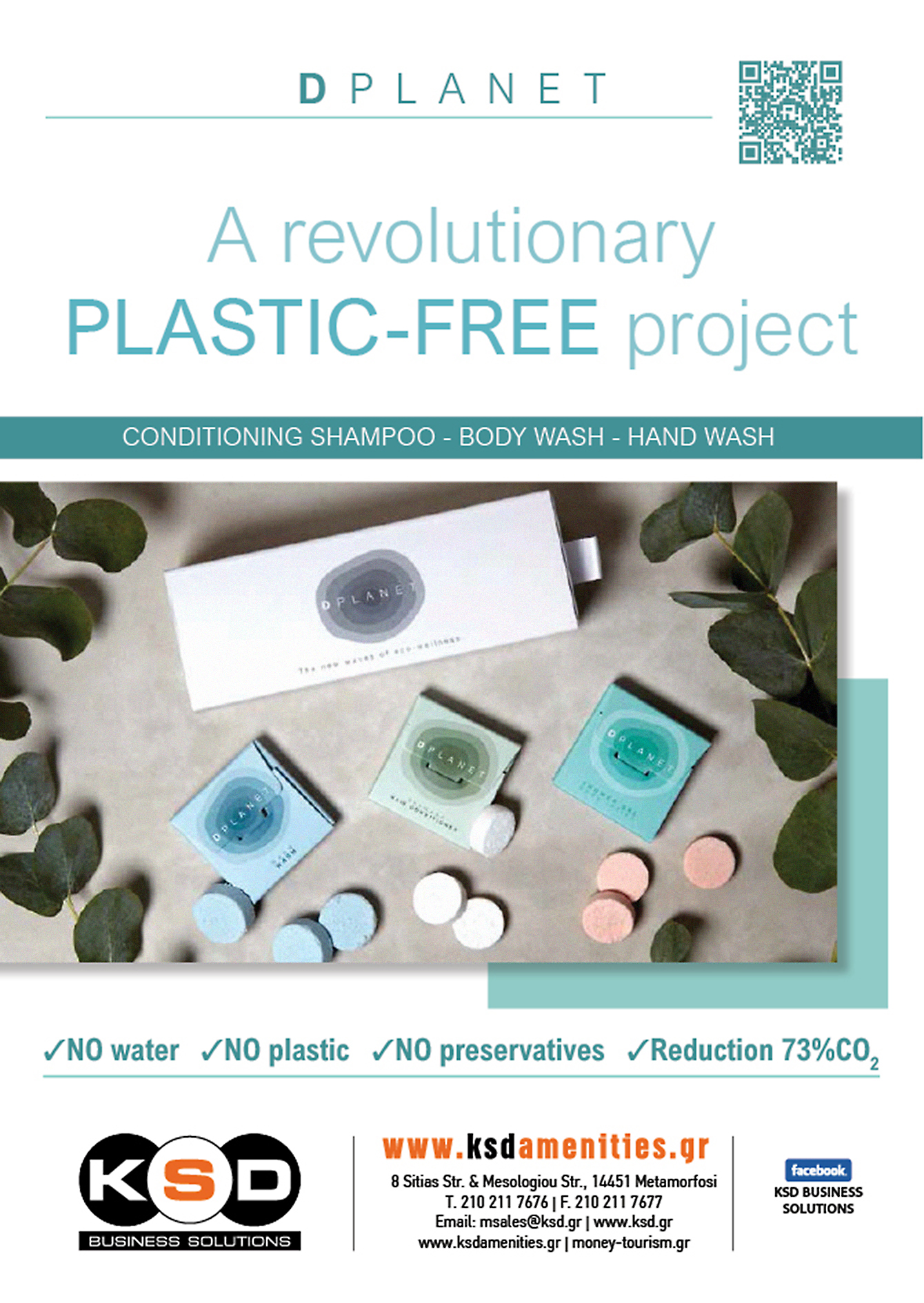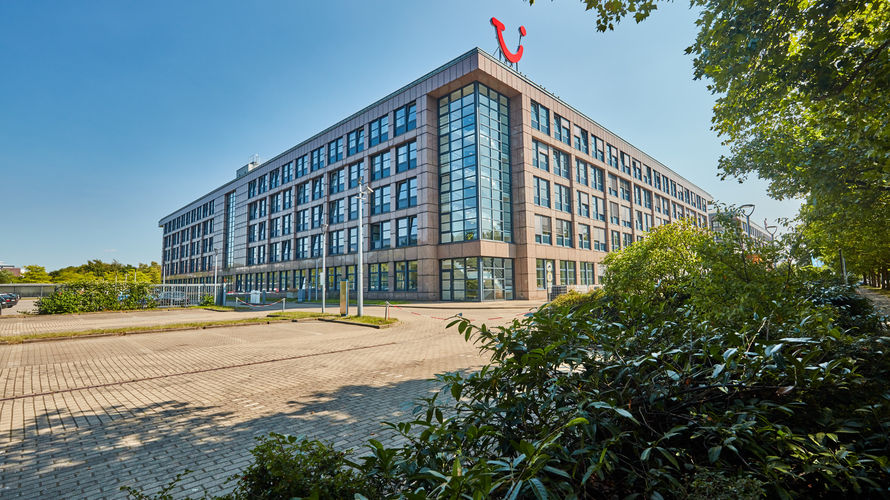Attracting more lateral entrants to TUI and, at the same time, making career opportunities within the company more open to employees -this is what the Executive Board and Group Works Council of TUI Group have agreed in a policy paper. The “Lateral Entrants Initiative” aims to counteract the shortage of skilled workers in tourism before it hits the different entities of TUI Group.
In particular, more lateral entrants are to work in customer-oriented areas such as travel agencies or call centres in future. But also, for job profiles in TUI’s European head offices, more applicants will be recruited than before who do not have a classical education in tourism. The focus here is on finance and technology, among other areas. Career changers will be supported in their entry with targeted qualification offers to ensure TUI’s quality standards. By 2030, a quarter of all advertised positions in Germany and across the Group are to be filled by lateral entrants. TUI currently has 1.100 vacancies worldwide.
“TUI offers diverse career paths. With the lateral entry initiative, we are opening up TUI to applicants who share our enthusiasm for tourism, bring new skills with them and thus provide fresh perspectives to our company. At the same time, we actively support those employees who want to pursue new career paths at TUI,” says Frank Jakobi, Chairman of the Group Works Council of TUI AG.
In the agreement between the company and the Group Works Council, concrete measures have been agreed to attract more lateral entrants to TUI. These include targeted qualification programmes, special recruiting campaigns, the strengthening of existing mentoring programmes to facilitate entry into TUI, and more intensive cooperation with educational institutions, universities and the Federal Employment Agency in Germany. Immigrant professionals are to be targeted as part of the initiative. People with restrictions or disabilities are also to be encouraged to join TUI to a greater extent than in the past.
“The initiative will make TUI an interesting employer for applicants who have hardly considered us for their professional career so far. For us, skills, motivation and a willingness to learn are more important than a degree that someone obtained many years ago. In this way, we are making ourselves fit for a future of the labour market in which personalised qualification and technological support perfectly complement the successful combination of tourism training and experiential knowledge,” says Sybille Reiss, Chief People Officer of TUI Group.
In the course of its lateral entry initiative, TUI is joining the “Alliance of Opportunities” (Allianz der Chancen) in Germany, an alliance of companies and institutions for the qualification and placement of employees in times of transformation. The companies in the alliance want to offer their workforces economically and socially sustainable employment prospects and – if necessary – support their employees to move between sectors. To this end, holistic strategies in cooperation with all stakeholders in the labour market – politics, administration and social partners – are encouraged.
“Economic structural change, digital and ecological transformation, demographic changes – the reasons for the shortage of skilled workers are manifold. This applies to tourism worldwide, but also to the German economy. This makes platforms like the ‘Alliance of Opportunities’ all the more important. Here, institutions are in dialogue with each other that want to fill vacancies on the one hand and open up future opportunities in other sectors for motivated employees on the other. We will bring the tourism perspective to these platforms and promote our industry as an attractive employer – especially for lateral entrants,” says Sybille Reiss.




